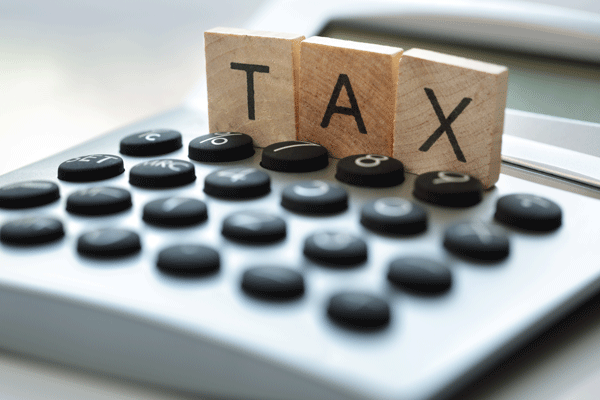 Forms W-2 and Affordable Care Act (ACA) reporting were the subject of recent communications from the Internal Revenue Service (IRS).
Forms W-2 and Affordable Care Act (ACA) reporting were the subject of recent communications from the Internal Revenue Service (IRS).
The IRS reminded employers and small businesses of a new January 31 filing deadline for Forms W-2.
It also extended to March 2, 2017 the due date for employers to provide employees with certain 2016 ACA reporting forms.
W-2 Forms
Under the Protecting Americans from Tax Hikes (PATH) Act, employers are now required to file their copies of Form W-2, submitted to the Social Security Administration, by January 31. The new January 31 filing deadline also applies to certain Forms 1099-MISC reporting nonemployee compensation such as payments to independent contractors.
The accelerated filing date is aimed at making it easier for the IRS to detect and prevent refund fraud.
In the past, employers typically had until the end of February, if filing on paper, or the end of March, if filing electronically, to submit their copies of these forms.
Note: The January 31 deadline has long applied to employers distributing copies of the Form W-2 to employees; that date remains unchanged. Now, in addition to being the deadline to distribute Forms W-2, January 31 is also the deadline to file Forms W-2.
The PATH Act also makes changes related to requesting a W-2 extension:
• Only one 30-day extension to file Form W-2 is available.
• The extension is not automatic.
• If an extension is necessary, a Form 8809 Application for Extension of Time to File Information Returns must be completed as soon as the filer knows an extension is necessary, but the deadline is January 31.
ACA Reporting Extension
The deadline for employers to provide to employees Form 1095-B, Health Coverage or Form 1095-C, Employer-Provided Health Insurance Offer and Coverage is March 2, 2017 (extended from January 31, 2017).
Not extended, however, was the deadline for employers to file the 2016 Form 1095 and Form 1094 (transmittal forms) with the IRS. Employers must file the 2016 Form 1094-B, Form 1095-B, Form 1094-C or Form 1095-C by February 28, 2017, if filing by mail, or by March 31, 2017, if filing electronically (required for employers who have to submit 250 or more forms).
In addition, the IRS notice extends “good faith transition relief” for one more year. The IRS will not penalize employers for incorrect or incomplete forms if they can show that they have made “good-faith efforts” to comply with the information-reporting requirements — both for furnishing the reports to individuals and filing with the IRS. According to the IRS, the relief applies to missing and inaccurate taxpayer identification numbers and dates of birth, as well as other information required on the return or statement.
Note: No relief is provided if the employer did not timely file or furnish the reports by the applicable deadlines or did not make a good-faith effort to comply.
CalChamber members can learn more about these reporting requirements in the HR Library on HRCalifornia.

